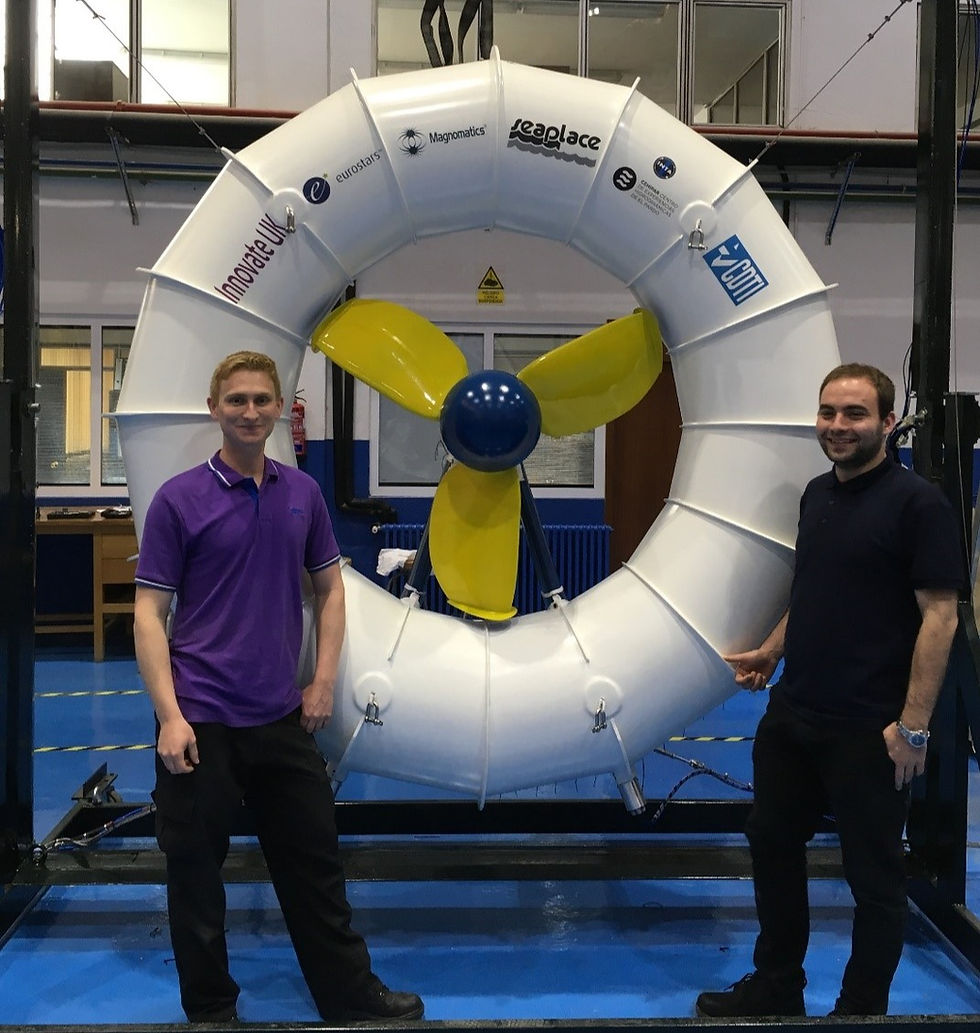CAIMAN: Ellgia Demonstrator Project
- admin137135
- Aug 27, 2020
- 2 min read
Updated: Dec 4, 2024

CAIMAN is an Industrial Energy Efficiency Accelerator (IEEA) project funded through the UK government and managed by the Carbon Trust, with support from Jacobs Engineering. The programme assists partnerships between developers of innovative energy efficient technologies and industrial companies willing to test technologies on-site.
Magnomatics are leading the project with industrial partners DonXtra (Donasonic), ELLGIA and ATB Group UK (Laurence-Scott).
The project will install a shredder using a Pseudo-Direct Drive (PDD) motor at Ellgia’s Scunthorpe waste management site. The site produces over 80,000 tonnes per year of refuse derived fuel and solid recovered fuel, an important fuel source for industry and electricity co-generation and the new shredder will be used for the production of solid recovered fuel. By removing the need for inefficient gearboxes and pulley systems commonly used in this sector the project will demonstrate the energy savings available from this novel motor technology compared with currently used IE3 motors equipped with gearboxes and pulleys.
The application selected allows for demonstration of the magnetically geared motor in harsh operating conditions where the motor will experience high torque, speed fluctuation and vibration in service. Additional benefits of the technology are the predicted reduced maintenance times due to the removal of gearbox components, and the improved ability to deal with high torques caused by abnormal loads by having the drive pole slip harmlessly should anything become lodged in the rotor.
The shredder will be installed alongside an existing processing line, allowing for comparisons to be made against a traditional processing route, giving the additional ability for various feed materials to be trialled.
The demonstrator project is expected to deliver energy savings of approximately 16% utilising the novel motor technology compared with currently used IE3 motors equipped with gearboxes and pulleys. This efficiency uplift results in a saving of over 61,000 tonnes CO2 after 5 years for a UK market penetration of 40%.



Comments